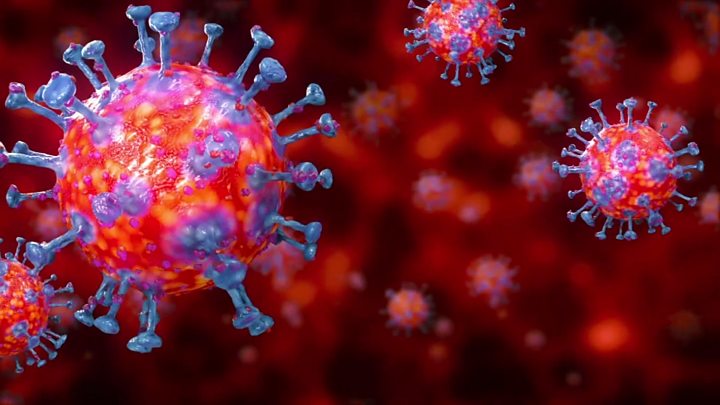Perhaps the biggest factor this pandemic has on people with autism (as well as other developmental conditions) is social distancing Before people get defensive and argue with me saying "social distancing is necessary to prevent the spread of the disease to vulnerable populations such as the elderly and those with underlying medical conditions," I want to be clear that I am not being dismissive or downplaying the seriousness Covid-19 has for some people. I understand that this is a topic full of great sensitivity for some people, but I want to share a perspective that is not widely shared when it comes to the effects of Coronavirus. As we are well aware, social distancing has been shown to "flatten the curve" and will help us in the long run to combat this virus. However, this comes at a cost for autistic people( as well as those who care for them) who often strive on routine and predictability. This article explains how social distancing can pose some challenges for people with autism and their families. These effects range from having to help with personal care tasks to dealing with the emotional toll as a result of the disruption of routines and normal activities like schools closing , not going to a favorite restaurant or seeing familiar key people.
Last week, all of my routines and daily activities came to a sudden halt due to recent social distancing precautions. My workplace is closed for a minimum of six weeks (I work at a school, and schools in Washington are closed for a minimum of six weeks). Weekly community outings with my support person that I cherish are cancelled for a time being. Due to closing of nonessential businesses such as restaurants, we are eating at home. I had to spend and celebrate my 28th birthday at home. All of these sudden changes coupled with the fluidity and ever changing nature of this situation, has caused my anxiety to skyrocket. Needless to say, the last couple of days were tough for me as I had to process all these changes. It is only recently that I began to accept my new situation and came up with activities to fill my time. Me and my family try to go out and exercise together. All the free time that I now have has allowed me to work on projects (such as the play I want to write) as well as writing blog posts such as this one that I wasn't able to do because of my busy schedule. So I am trying to look at the silver lining of this whole situation.
This leads as to what solutions or strategies would help autistic people get through these tough times. There are social stories that explain what the Coronavirus is and why it's important to take safety precautions like frequent handwashing and social distancing. However, the most important thing for those who care for someone with autism is to acknowledge and recognize their disappointment or sadness of having their routines and daily activities disrupted . What also helps is explaining to the person that this will not last forever and that we have to utilize "social distancing" precautions (like not going to a favorite restaurant or seeing favorite people) so we can conquer the virus faster. Lastly, if you or your loved one can't see key favorite people (teachers, therapists, friends, support staff), you can keep in touch via texting, skype and other virtual messaging during this time. Lastly, try to find key projects and activities you can keep busy while at home. As stated before, I am working on writing a couple of blog posts and composing a play about autism. While these strategies will not entirely alleviate the anxieties that autistic people feel in the wake of the Coronavirus pandemic, it will help deal with it a little bit better. We are all living in uncertain times right now and it's important that we reach out to each other especially our disabled and autistic members.

No comments:
Post a Comment